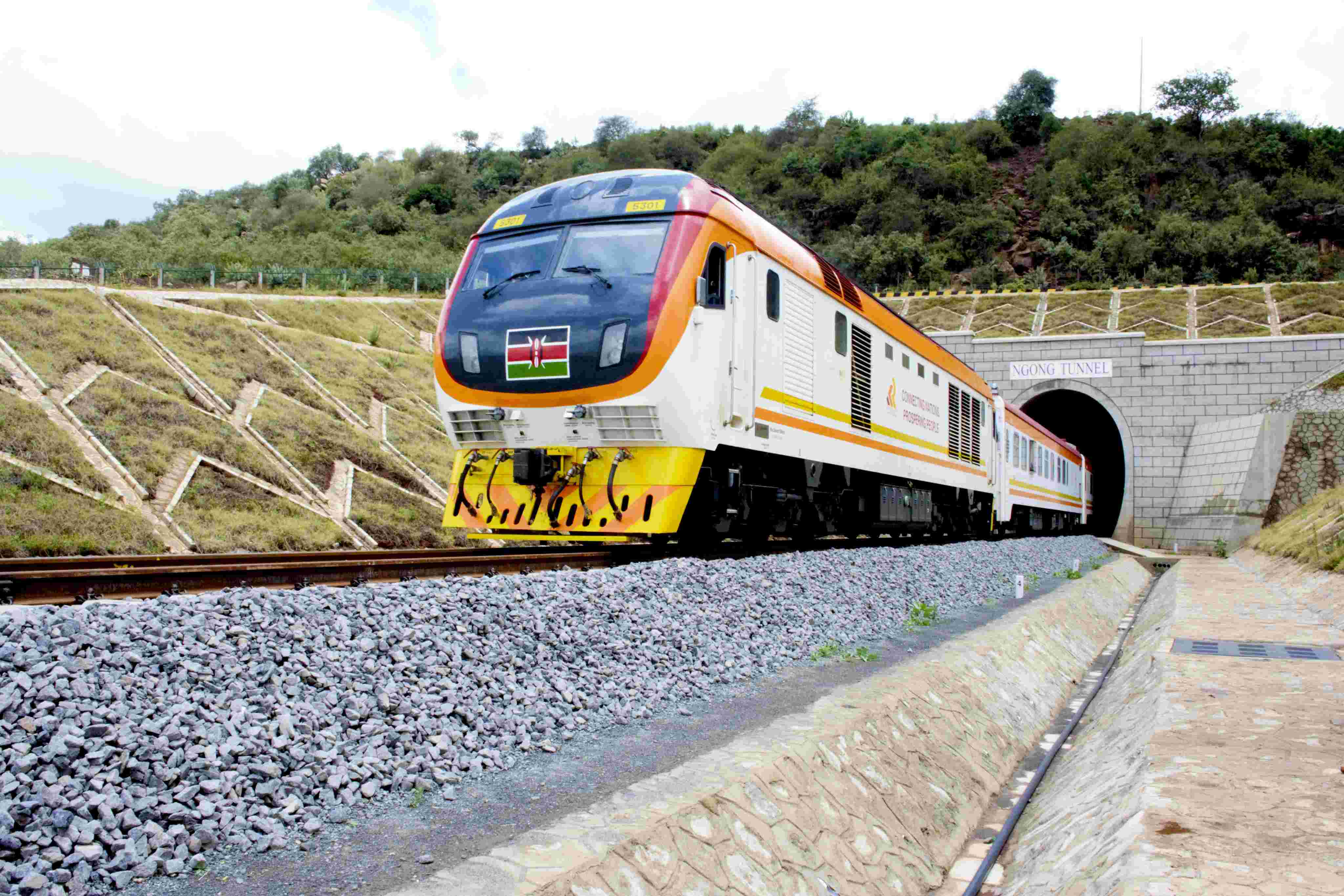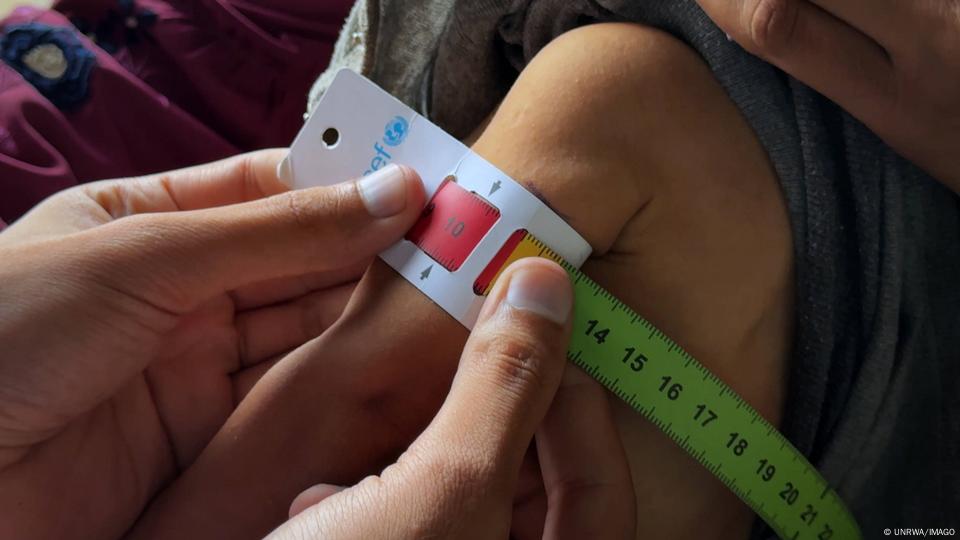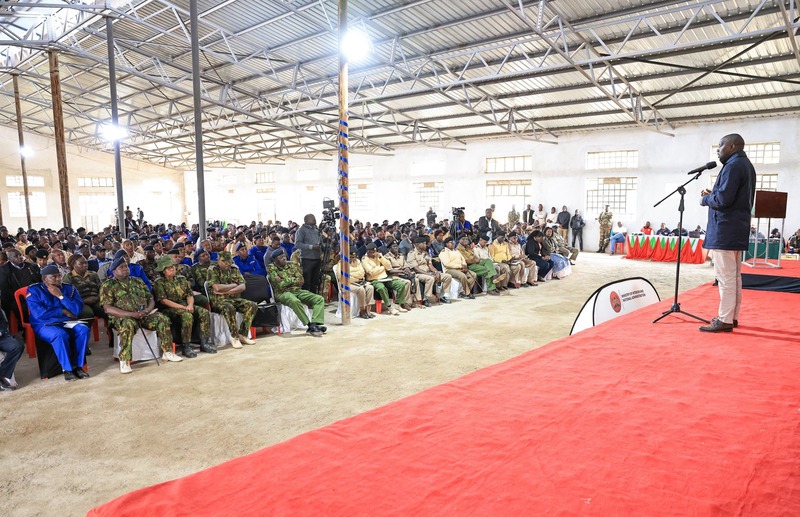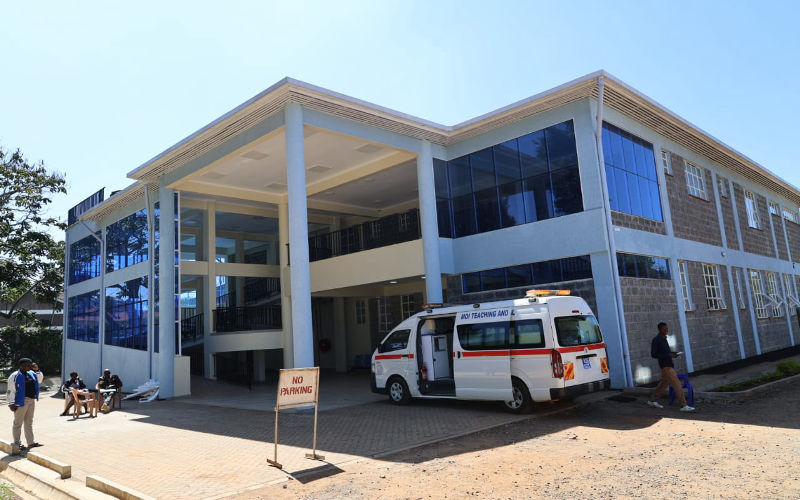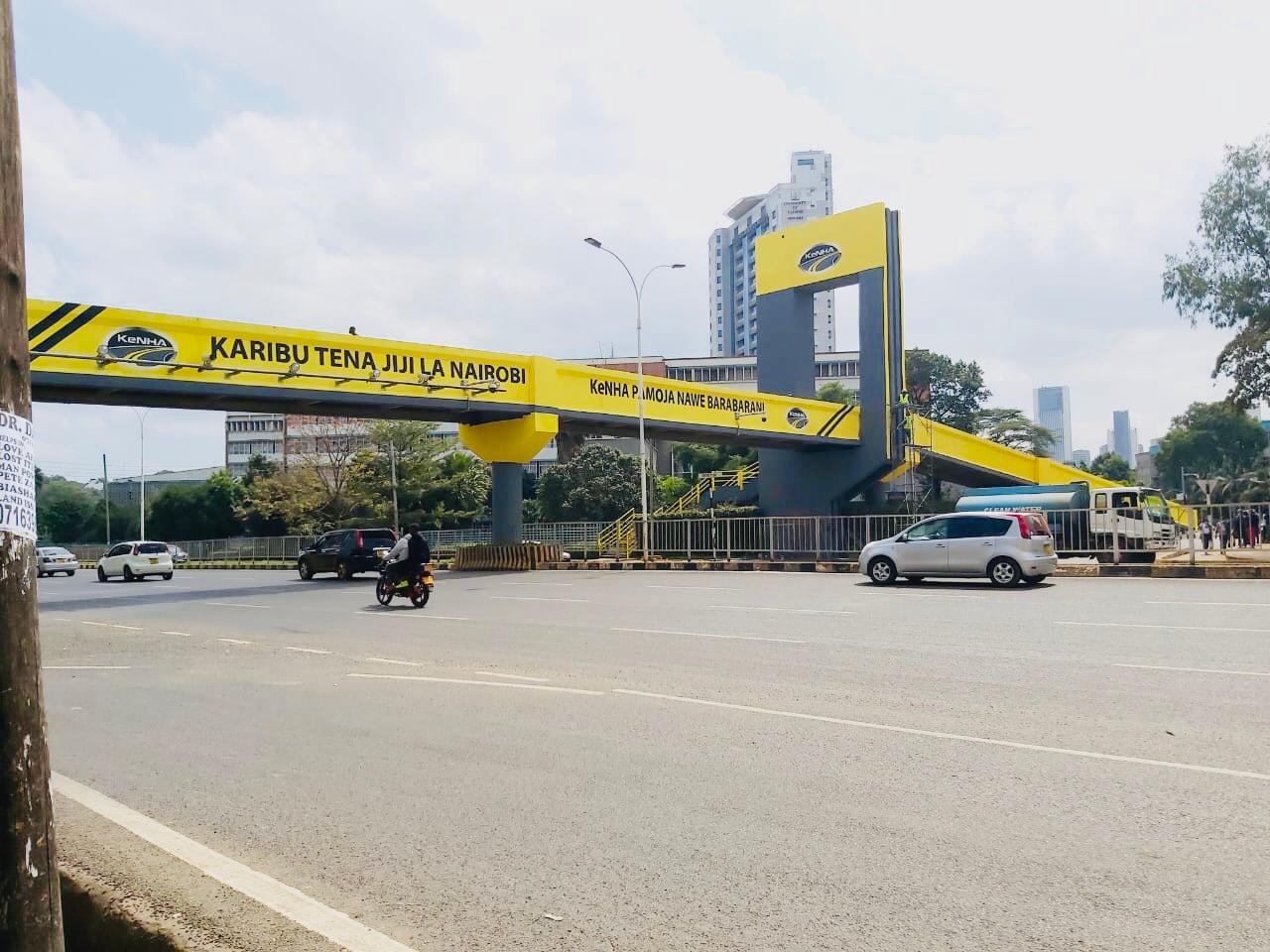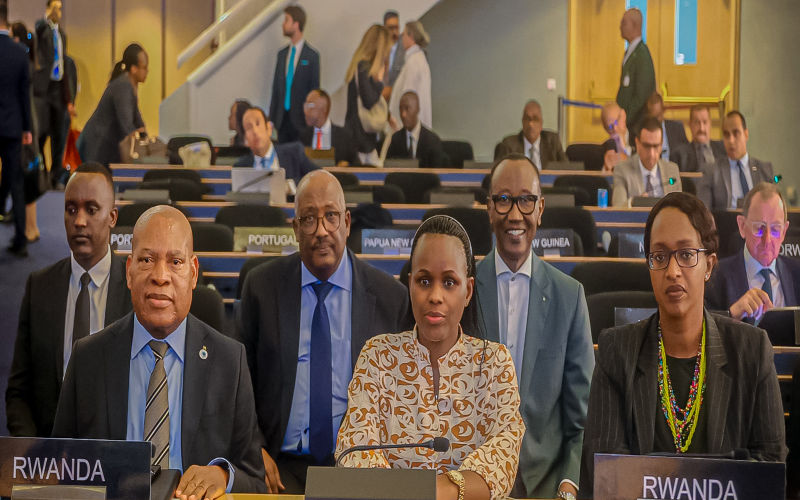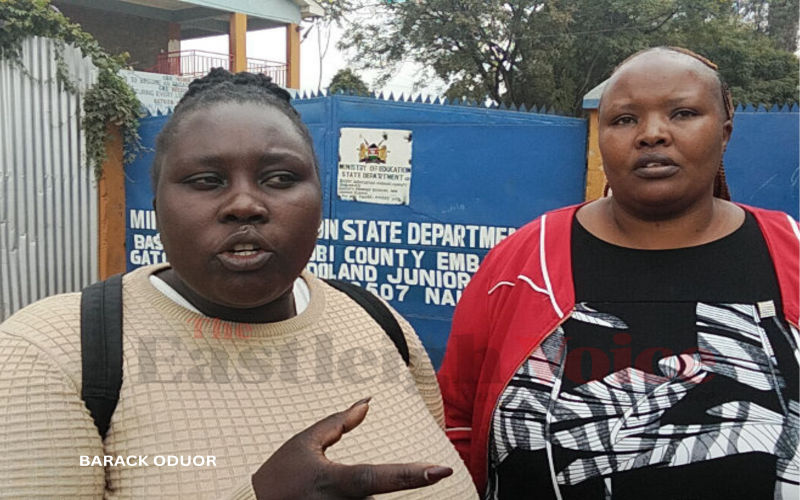Kenya receives British colonial archives, with new tech to preserve history
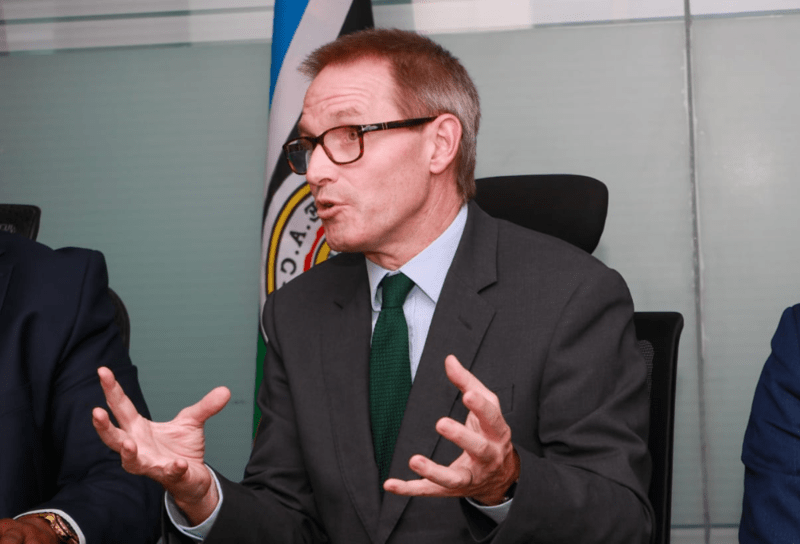
The archives, which span from 1907 to 1968, consist of 2,658 files and over 300,000 images that offer a detailed account of Kenya's history during the colonial era.
In a step towards reconciliation and the deepening of bilateral ties, the British High Commissioner to Kenya, Neil Wigan, officially handed over a vast collection of digitized archives documenting British colonial rule in Kenya.
The historic event took place on Friday, coinciding with celebrations for the inscription of the Gedi National Monument as a UNESCO World Heritage Site, which President William Ruto attended.
More To Read
- Justice remains elusive even as UK’s top official meets family of woman murdered by British soldier
- Kenya’s female freedom fighters: The silent heroes of anti-colonial movement
- Kenya Veterans for Peace condemn British Army's alleged misconduct in Kenya
- Victims narrate abuses in hands of UK soldiers’ alleged crimes
- Kenya begins public inquest on claims of rights violations, abuse of power by British soldiers
The archives, which span from 1907 to 1968, consist of 2,658 files and over 300,000 images that offer a detailed account of Kenya's history during the colonial era.
Among the documents are records on the Mau Mau insurgency, files on collective punishment, and crucial constitutional discussions leading up to Kenya's independence in 1963.
Intelligence reports on key Kenyan leaders like Jomo Kenyatta, Daniel Arap Moi, Oginga Odinga, and Tom Mboya also feature prominently in the collection.
"These archives are a window into our shared history, meaning Kenyans can better tell their own story and offering an opportunity for reflection and understanding," said High Commissioner Wigan, highlighting the significance of the materials for both Kenya and the UK.
The newly available records shine a light on some of the darkest chapters of Kenya's colonial history, especially during the Mau Mau uprising.
The files document the brutal tactics of collective punishment and the extensive use of detention camps by the British administration.
For many Kenyans, the archives will provide long-awaited access to information about the struggle for independence, often buried or overlooked in the past.
In addition to the violent repression of resistance movements, the documents offer a closer look at the personal histories of prominent freedom fighters and politicians.
The intelligence dossiers reveal the actions and strategies of leaders such as Kenyatta, Odinga, and Mboya, shedding light on their roles in shaping the nation's journey to independence.
These records will allow future generations of Kenyans to better understand the resilience and vision of their leaders during this transformative period in history.
As part of the archive handover, the British High Commission has pledged significant support to ensure that these materials are preserved and accessible to the public.
The UK government will fund the provision of advanced technology, including new computers and a digital database, to help the Kenya National Archives catalogue and maintain the records.
This digital initiative will make the archives available to researchers, historians, and the general public.
The British government's commitment to providing this support is seen as part of a broader effort to build capacity in Kenya and promote a more nuanced understanding of their shared history.
"This initiative is an important step towards better understanding our shared history, and it will help strengthen the bilateral ties between our two countries," Wigan noted.
Top Stories Today




